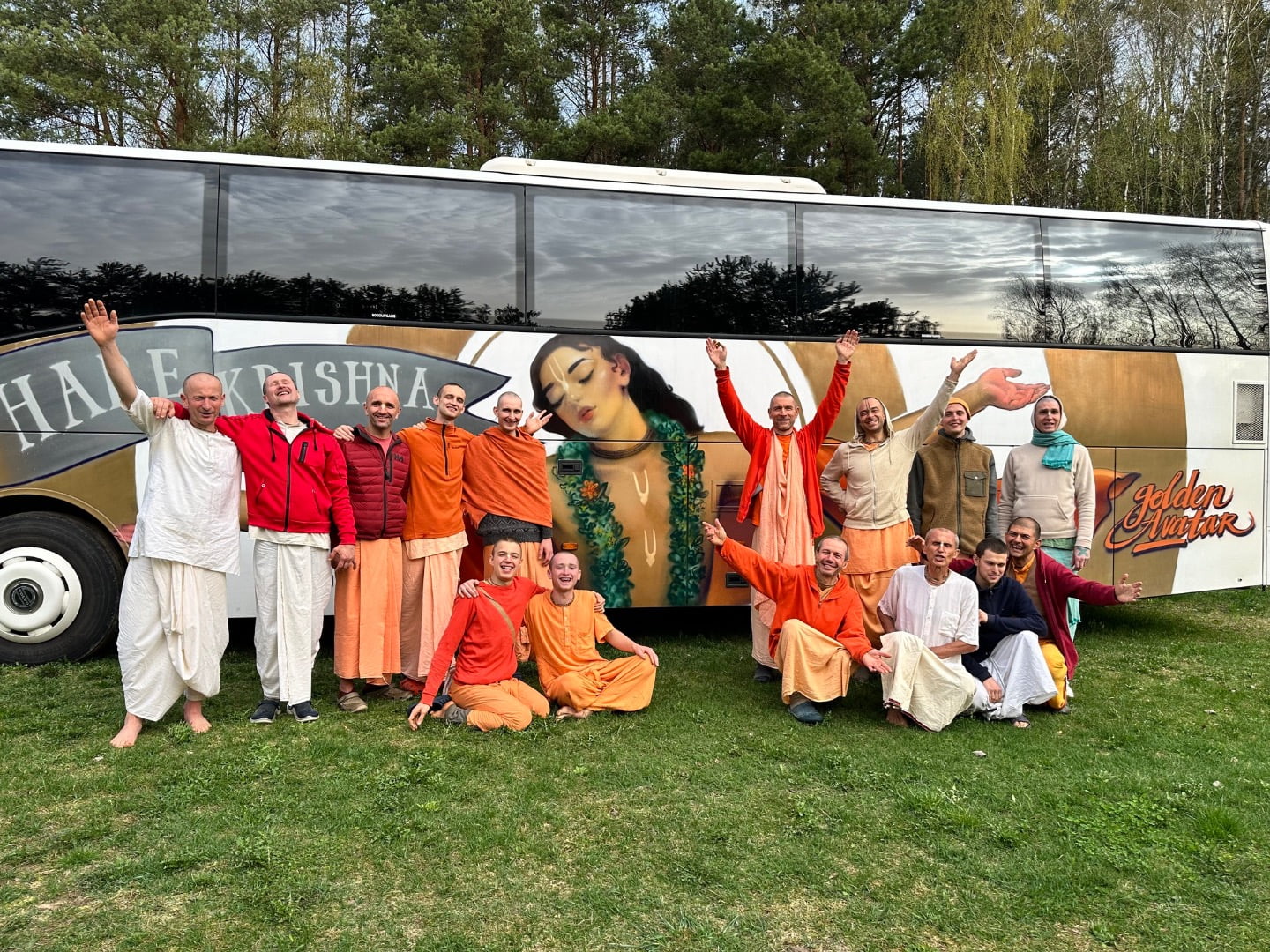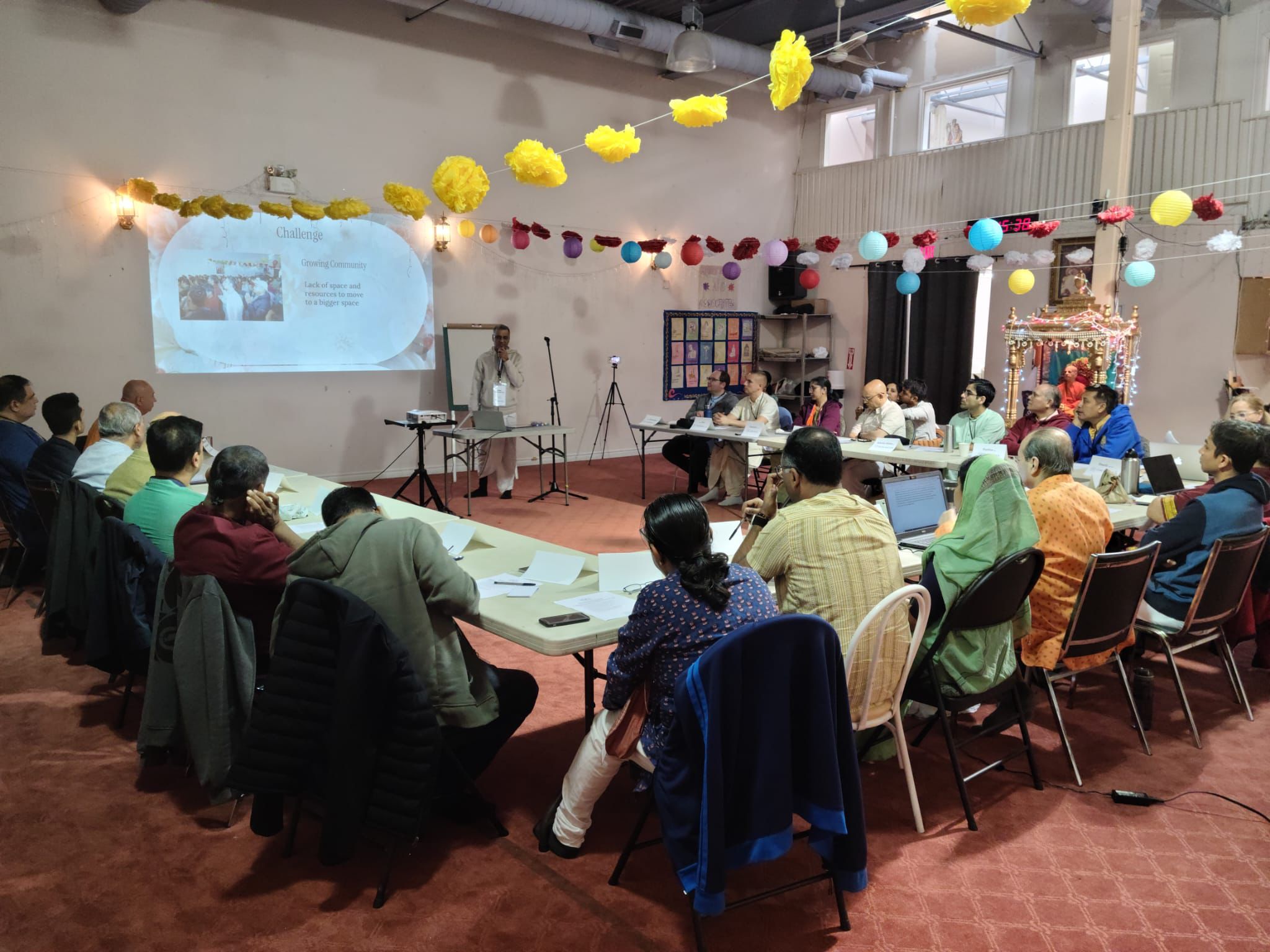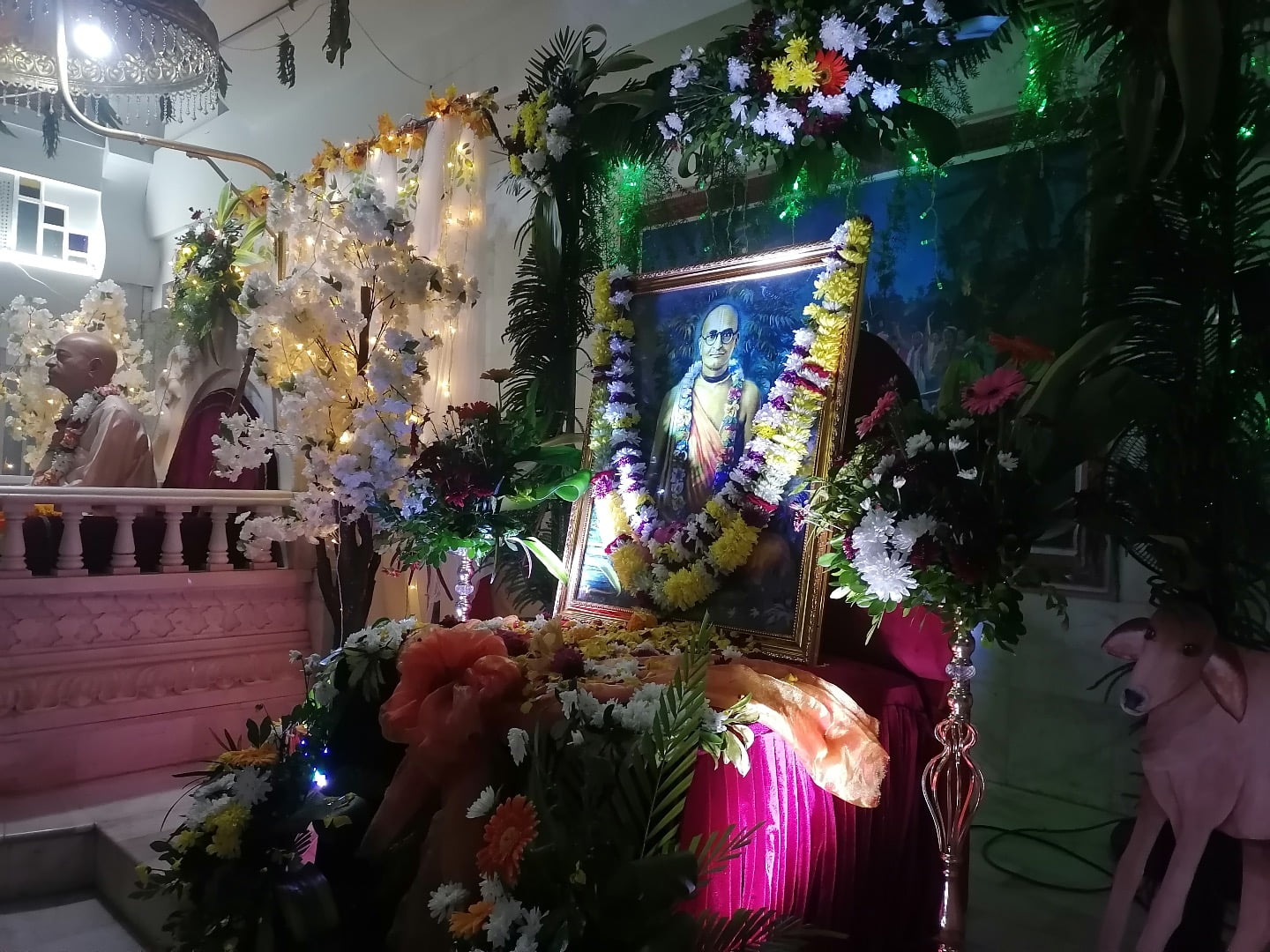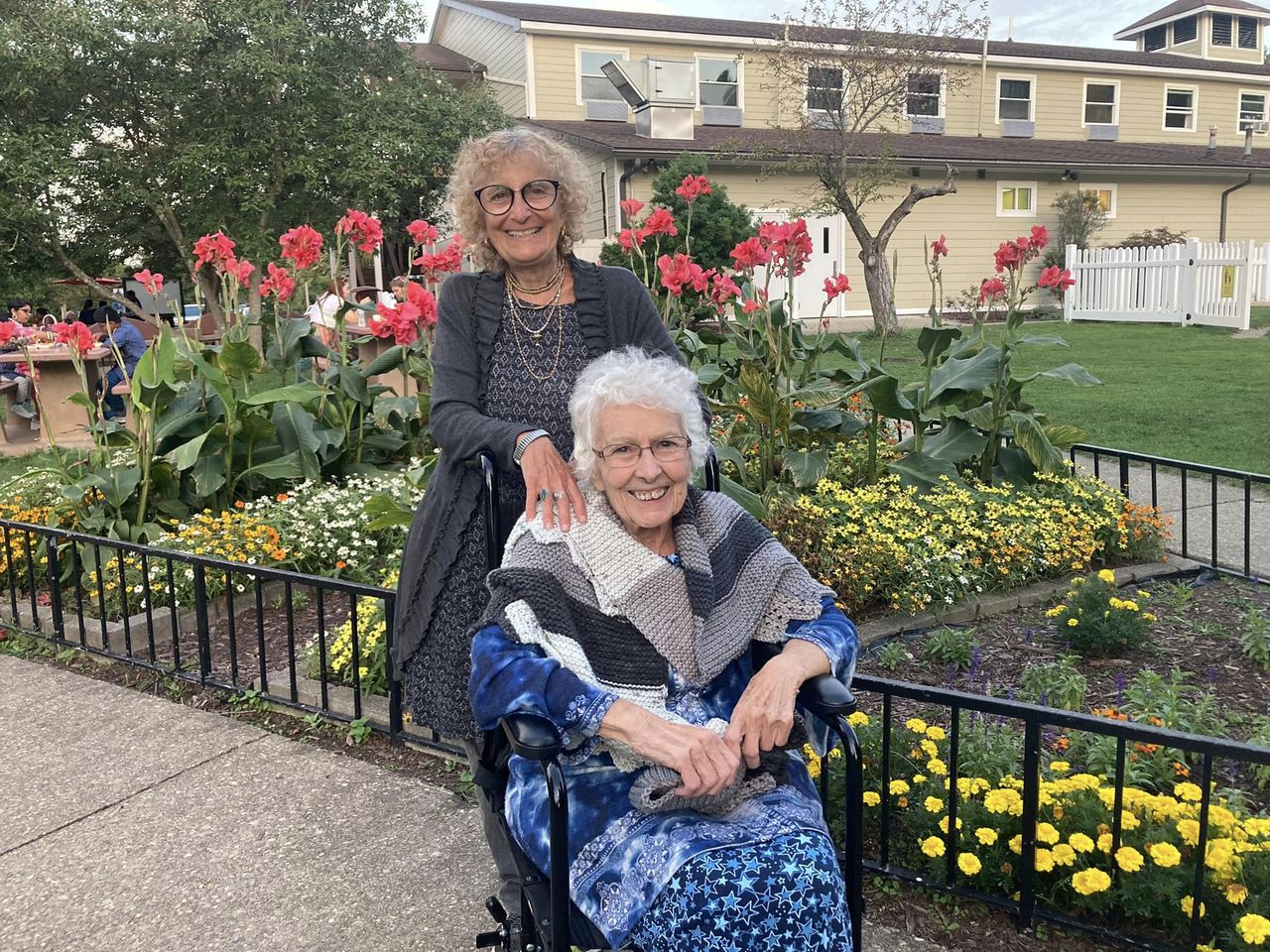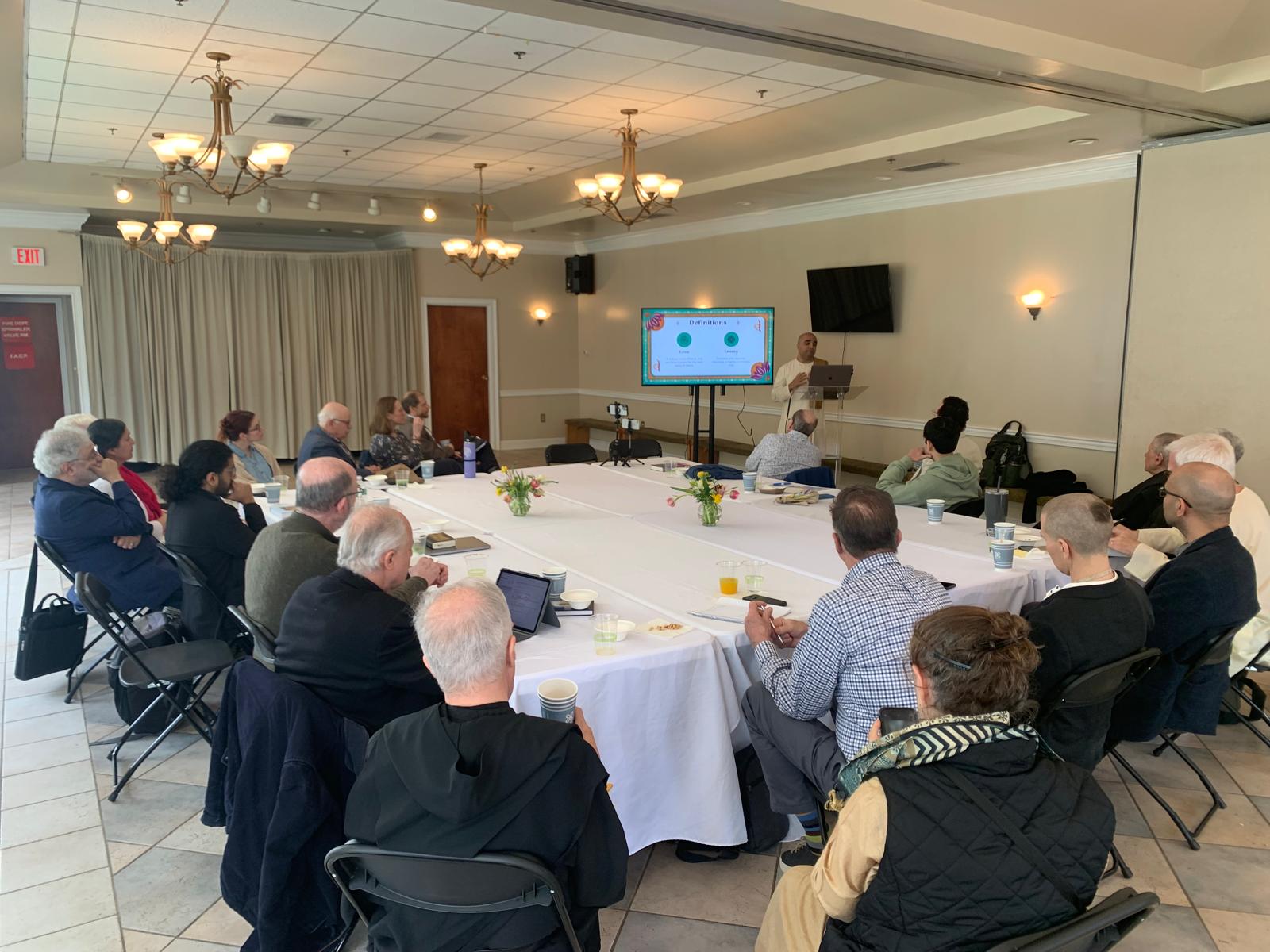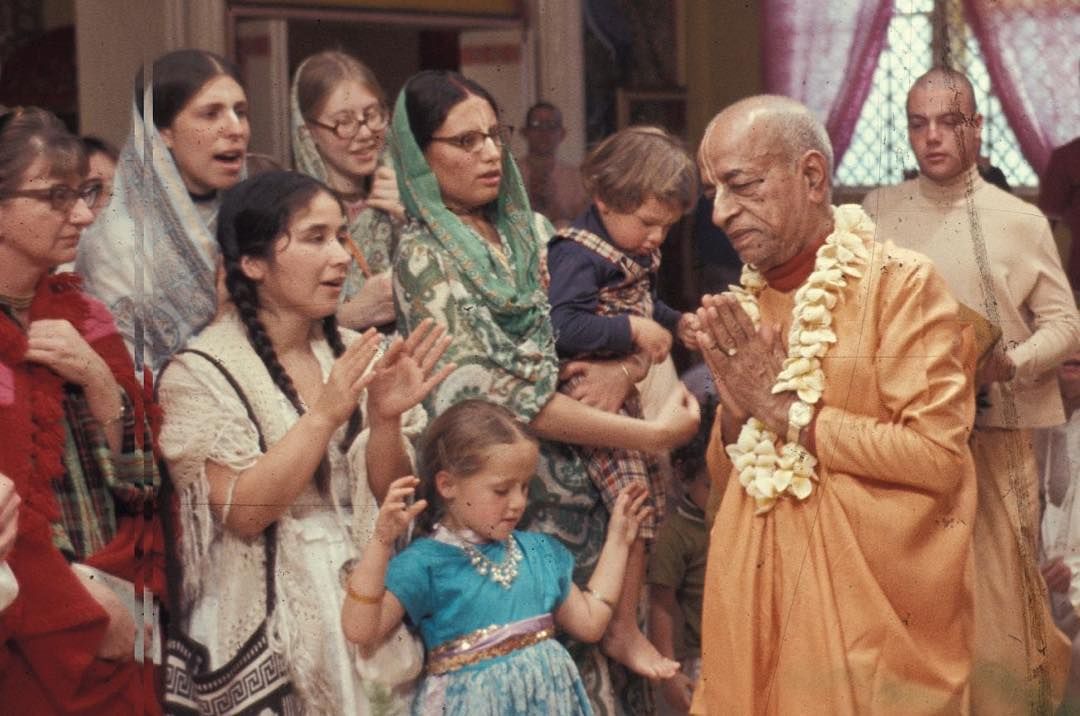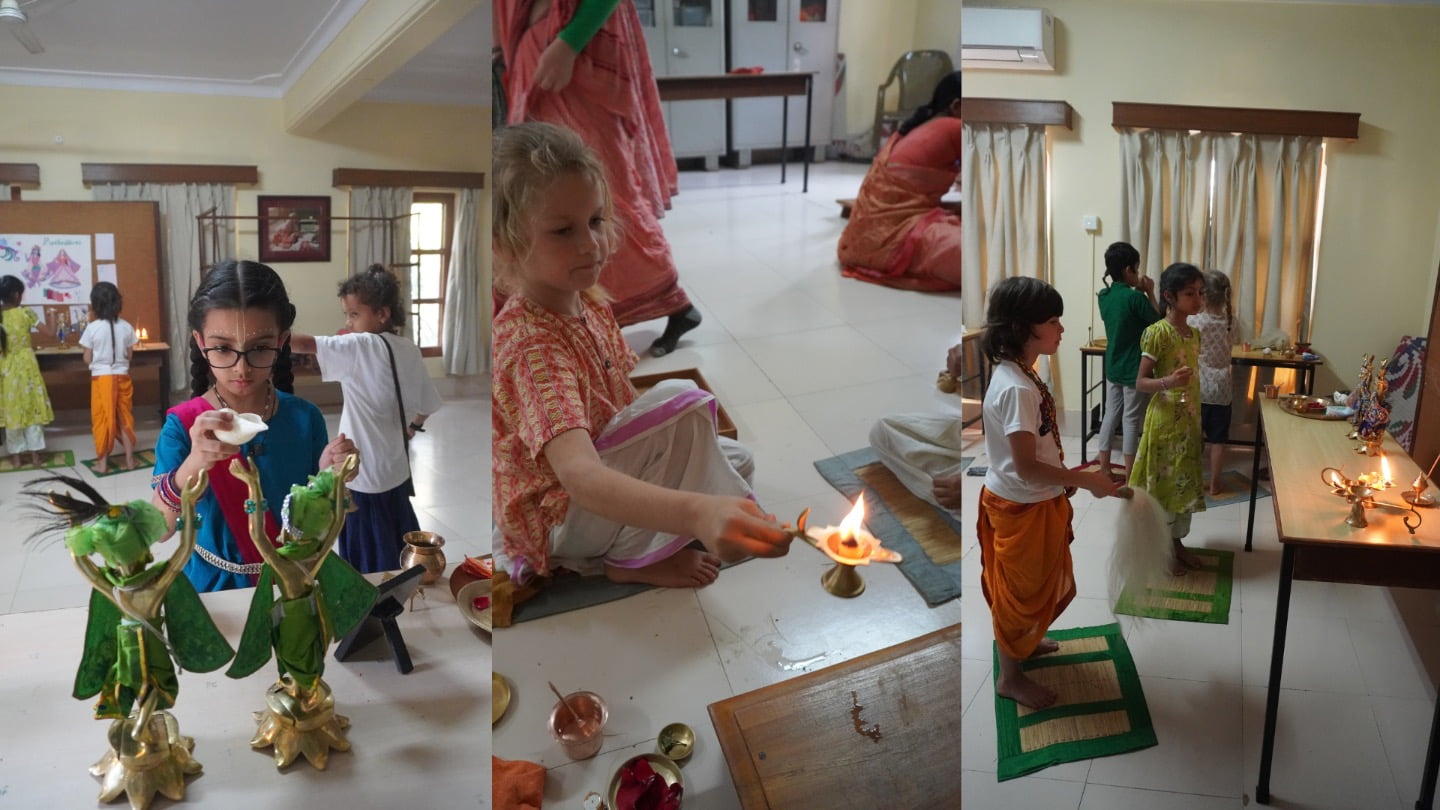Little Acts of Kindness
By Gauri Das | May 02, 2020

It has been five weeks since Boris Johnson announced the lockdown. Everyone other than National Health Service (NHS) staff and essential workers has been at home. Being at home might mean you are alone, perhaps with just a flat mate or a bustling great family. As a therapist I have clients who are thriving without the usual rigmarole of life and others working from home with little children interrupting our sessions on zoom to demand attention. For some the mental health challenges they face have been heightened. Maybe you are not even home, stuck abroad and happy to be, or deeply anxious and adversely affected being unable to get home. The experience is different for everyone. Some thrive and rethink their life while others are at risk of high anxiety and pressure that can turn to a deterioration of mental and emotional wellbeing. What can be said for sure in such challenging times is that research of quarantine situations has shown that it really helps to have a sense of altruism.
Altruism is defined as having a disinterested and selfless concern for the wellbeing of others. The Bhagavad Gita 16.1-3 describes the same, daya bhutesv aloluptvam or being without greed and having mercy towards others. Putting this concern into action not only aids those in difficulty but also eases your own. In the absolute sense altruism on its own was considered by Srila Prabhupada to be temporal help only. Without any sort of connection to Krishna consciousness, the piety of altruism no less perpetuates the repeated cycle of birth and death in material world. The soul’s isolation from God remains unresolved. However when altruistic acts are enriched as devotional service or bhakti, the benefits are both immediate and of true soulful growth.
As a devotee you might be volunteering in the great effort of cooking prasadam or meals for the NHS or poverty stricken. You might be hosting talks, Kirtans or even children’s activities online. Perhaps you are running an entire temple with just a few helpers as no one else can come. Still if you are unable to engage in such dynamic ways, take heart, because it is generally what we might call ‘little acts of kindness’ that have tremendous positive impact. It is in the everyday things at home and in life, that with the little addition of ‘daya’ mercy or kindness, our shared wellbeing is enhanced.
For those on a survival level we might help by making life a touch more tolerable. An elderly lady who lives alone on my street felt she had no company and it was too hot in her apartment. I put a chair at the front of my house where she now sits daily for a couple of hours, feeling very much at ease. Then devotees dropped by to give me a lovely bag of prasadam goodies. I was enlivened to see the devotees and to receive the gift. And so was my elderly neighbour who then went home with some lovely prasadam. These little acts of kindness lifted our spirits.
If you are a small family working from home with children isolated from friends and much in need of attention, share the workload and give each other timeout. Even just a half-hour to chant, sit quietly, have a power nap, go for a walk, or even attend to that dry skin on your heals, can make a tremendous difference to the quality of your time when together again. Just a shared word of appreciation, a little acknowledgment can take the edge off very trying circumstances.
It is important to ask for help when you need it. A friend sent me an image; it was of Winnie the Pooh. Piglet asked: “What’s the bravest thing you’ve ever said?” Pooh replied “Help”. You may be familiar with the devotional principal jiva daya, which means, be merciful to jivas or souls. You are also a soul and you have a duty to care for yourself including asking for help when you need it. I know of a person, a good friend of the temple devotees, who was alone at home suffering from the virus. Only when he received a call from a devotee did all his needs become evident. Without that call he was living alone in great discomfort and feeling unable to ask for help. Do not neglect yourself, be brave and ask for help.
In the UK a campaign has been launched called ‘Britain Get Talking’. Talking helps. There is a poignant saying ‘A problem shared is a problem halved’. At Bhaktivedanta Manor we launched and initiative to call as many members as possible to check on how they are and what help they might require, if any. A little act of kindness of the same nature is a friend who told me ‘I have identified three vulnerable people that I am going to keep in touch with’. Any of us can make a couple of calls a day. When calling someone it is most important to not be invasive or preachy. The best thing you can do is to humbly inquire about their wellbeing, listen with empathy, and offer your help if needed. Be mindful that respect and confidentiality are very important to trust. In the situation where a person reveals they are under duress mentally or suffering domestic abuse, advise them to immediately contact social services.
Many people are at home with difficult circumstances and emotions. It has been such a time of loss. When people’s family, friends or acquaintances fall unwell, they can’t visit them in hospital or even be by their side in their final days and moments. You might join prayers online, share some affirming wisdom from the Gita, or just send a text expressing your condolences and help if required. In all cases it is the kindness and compassion in what you do that makes the difference.
These are difficult times. There is much to be unsure about. Scientists are struggling to understand the Corona virus. The vulnerable are at high risk. Politicians are working hard to stop the spread. The NHS is struggling to cope, the economy is suffering, and we don’t know when this will all end. What we can be sure of is that little acts of kindness helps. So whether you are cooking for thousands or just calling a friend, engaging as a devotee in helping others is one of the best ways of helping yourself in these difficult times.





